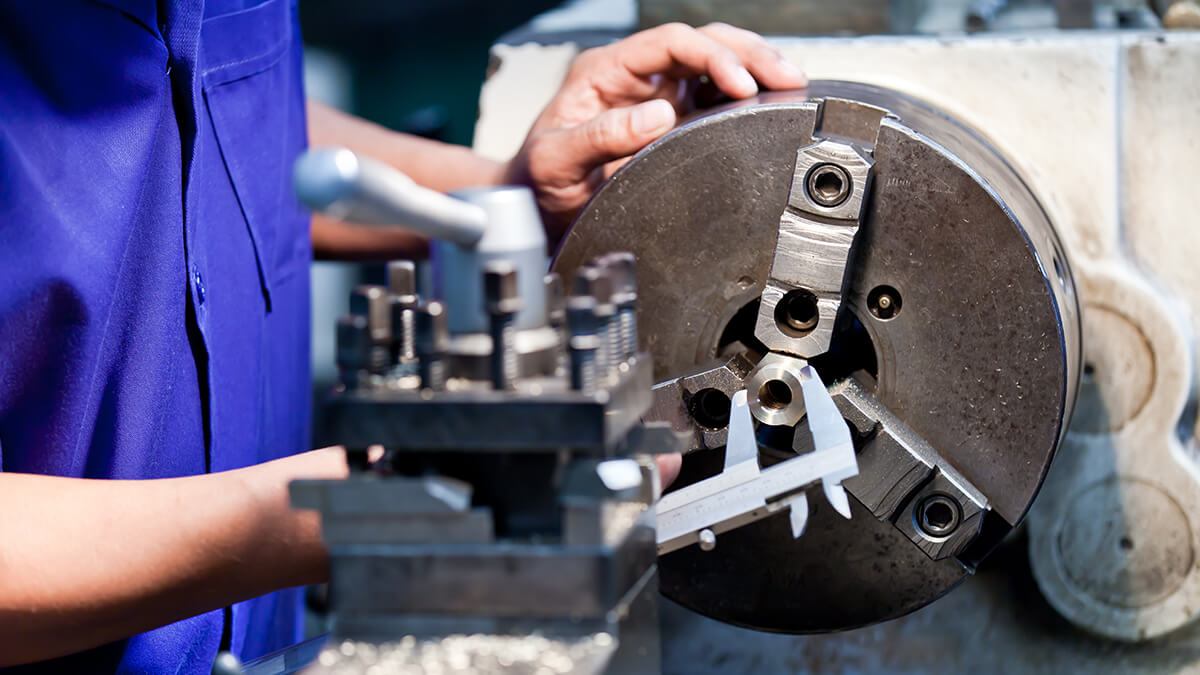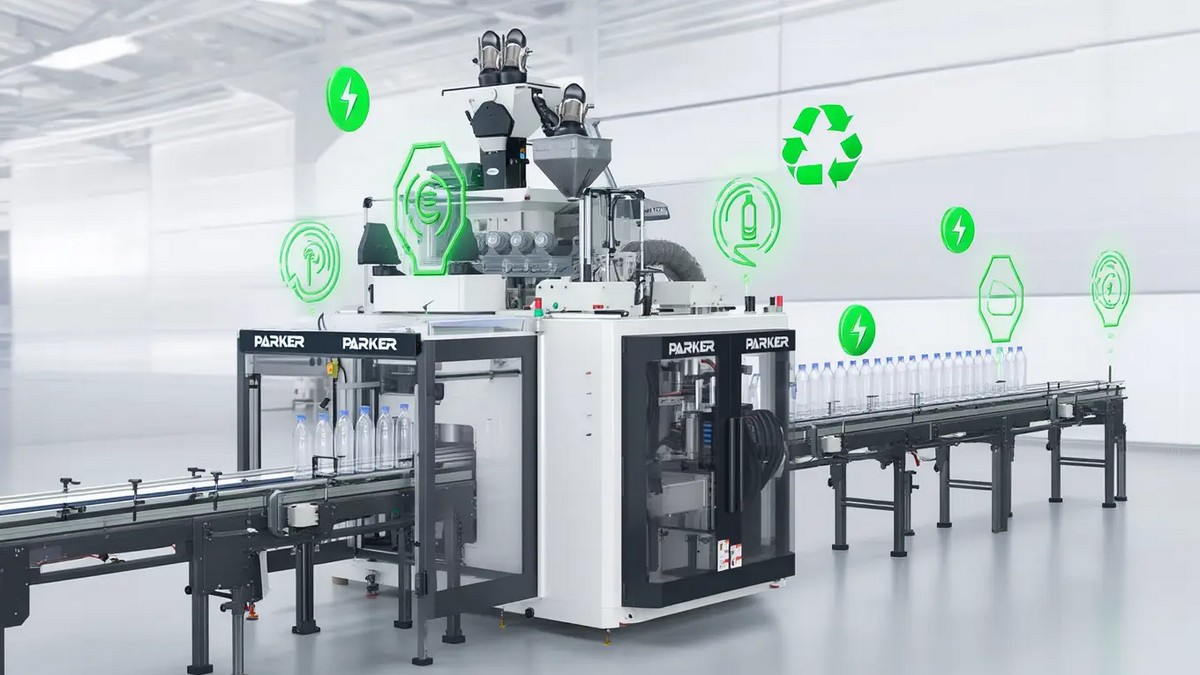In recent years, the manufacturing industry has been actively strengthening manufacturing technology, investing in high-end manufacturing equipment, and training professional talents.
Manufacturing Production of Asia
According to the latest Asia Manufacturing production survey by TRADING ECONOMICS. Taiwan is ranked as the world's fifth-largest manufacturing production supplier. In the domestic demand market, the machine tool equipment used for metal processing and manufacturing is mainly applied in the automobile component manufacturing industry, the electronic and electrical industry, the aviation and defense industry, and other industries (including petroleum and medical industries). More than 50% of these industries use equipment made in Taiwan, and the rest of the nearly 50% of industries use imported equipment. The largest source of imports is Japan, with an average import value of 48.1% in the past five years. The top three machine tools imported to Taiwan are special processing machines that use the laser to process various materials (referred to as laser cutting machines), lathes, and machining centers. The laser cutting machine is the major import item, with a 44% import share. Taiwan is ranked the fourth largest import country for laser cutting machines in the world, and its lathe imports are mainly vertical CNC lathes.

Taiwan's manufacturing production value has the highest proportion in the computer, electronic, and optical products, which comprises about 35% of the total output, followed by the metal & mechanical industry, accounting for about 28% of the total output. Under the wave of migration and restructuring of the global manufacturing supply chain, Taiwan’s strong manufacturing foundation helps it become a very attractive new production base. Moreover, in 2018 the government offered many incentives to attract Taiwanese businessmen to return to and invest in Taiwan. The up-to-date planning of these manufacturing bases will also bring new business opportunities to the global machine tool industry.
Taiwan's machine tool industry is steadily founded. Combined with the transformation of smart manufacturing and the interconnection of upstream and downstream resources, the industry occupies an important position in the relevant global industrial chain. In addition, coupled with the return of Taiwanese businesses and the policy of equipment localization, the domestic demand market of the machine tool and component industries has become a focus of attention.
Taiwan Manufacturing Situation Updates
The IHS Markit Taiwan Manufacturing rose to 50.6 in July 2020 from 46.2 a month earlier, the first expansion since March, as the government loosened restrictions around the ongoing coronavirus disease. Output level stabilised and total new orders rose for the first time since January. Also, buying activity fell at the slowest since February, and stocks of inputs decreased at a much softer rate. Meanwhile, employment continued to drop. Supply chains remained under pressure as restrictions around travel, but the rate of delivery times lengthened was the slowest in 2020. At the same time, average input costs rose to the fastest since October 2018, due to a higher in raw material prices. As a result, selling prices increased for the first time since November 2018. Finally, sentiment strengthened slightly, but remained below the long-run trend, due to expectations of rising demand once the pandemic situation improves.










.jpg)
.jpg)
.jpg)


.jpg)